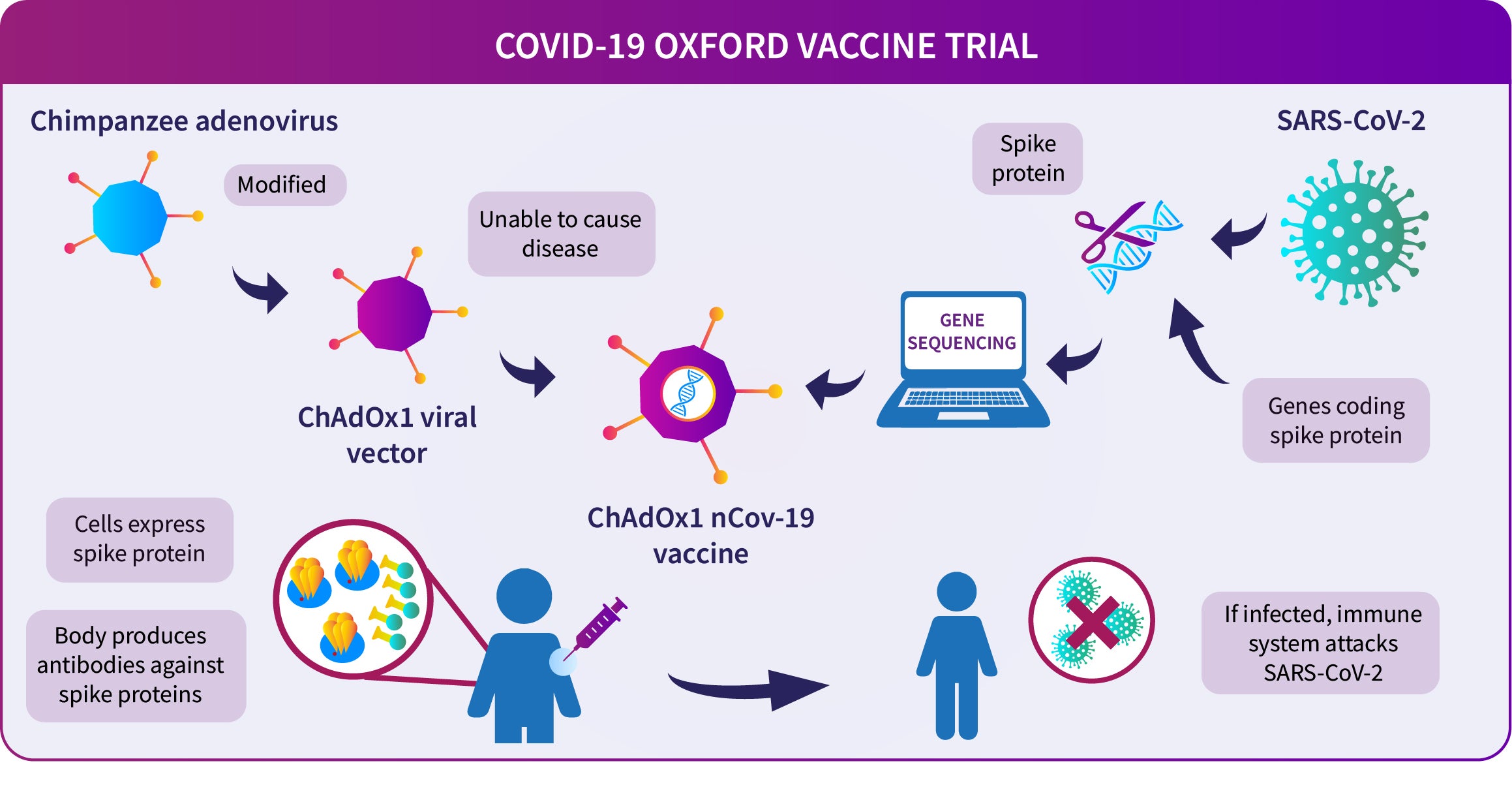The oxford relevant information seems to be page 6, but plenty to wade throughTommy Cookers wrote: ↑04 Jan 2021, 16:10agreed both the 'American' vaccines seem proven (by 'robust' methods ?) to reduce deaths by 90+% (actual body counts)henry wrote: ↑03 Jan 2021, 21:29Like @Big Tea I don’t think a vaccine is a sliver bullet. I don’t think it’s known whether a vaccinated person is infectious or not. Nor are the vaccines 100% effective, if 20 drivers are vaccinated some (a couple maybe) may not gain immunity. My understanding is vaccinations can be effective on a population but can’t be guaranteed for any particular individual.
.....
but the 'UK-Oxford' vaccine (more conservative design and tests) just introduced seems unproven at reducing deaths
eg for the conveniently changed-dosage tests the subject group wasn't age-representative
(ie I wouldn't rely on it to save me - so wouldn't attend any races in 2021 even if normal attendance was allowed)
please if you can tell me/show me how I'm wrong
btw remember there was a GP season in 1939 and in 1940
https://assets.publishing.service.gov.u ... 14a_v4.pdf
My clipping and not very accurate
Preliminary findings showed that neutralising antibodies were induced at day 14 and 28 after
the first vaccination and titres increased after a second dose. Specific T cell responses were
also induced after a single immunisation and were maintained after the second dose. Final
data showed that IgG spike antibody responses and neutralising antibody 28 days after the
boost dose were similar across the three age cohorts (18–55 years, 56–69 years, and ≥70
years). More than 99% (208/209) of the participants had neutralising antibody responses
two weeks after the booster dose. Peak T-cell responses were seen 14 days after the first
dose and were broadly equivalent in the three age groups (Ramasamy et al, 2020). In analysis
of over 11,000 patients in the phase 3 study, overall vaccine efficacy against symptomatic
disease was 70·4% (95·8% CI 54·8–80·6). (Voysey et al, 2020). There were ten cases
hospitalised for COVID-19, of which two were severe, all in the control group, suggesting
very high protection against severe disease. High protection against hospitalisation was seen
from 21 days after dose 1 until two weeks after the second dose, suggesting that a single
dose will provide high short term protection against severe disease. (Voysey et al, 2020). An
exploratory analysis of participants who had received one standard dose of the vaccine
suggested that efficacy against symptomatic COVID-19 was 73.00% (95% CI: 48.79-85.76%).

